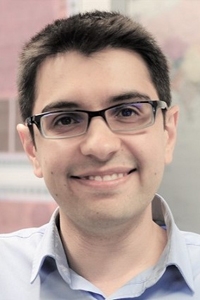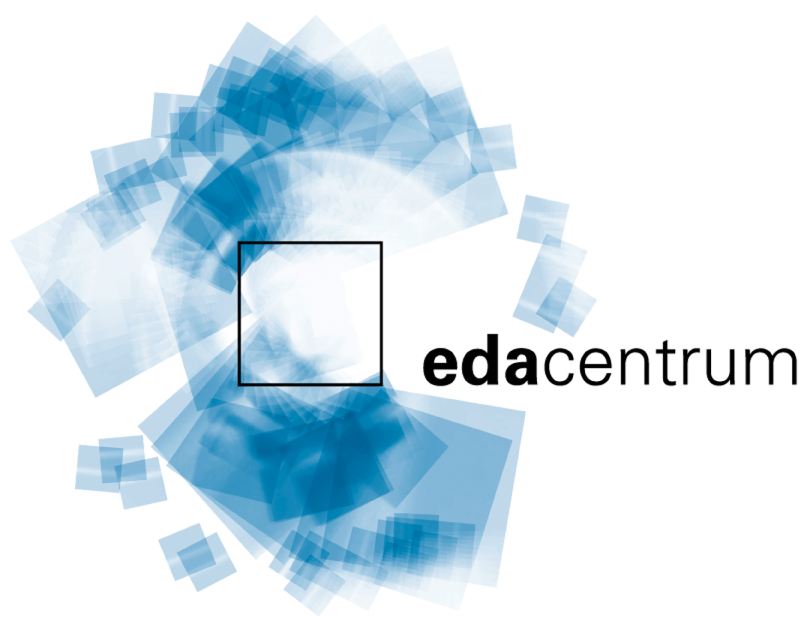Neuro-vector-symbolic Architectures: A Data- and Compute-efficient Approach for Continual Learning, Abstract Reasoning, and Combinatorial Inference
Abbas Rahimi (IBM Research-Zurich, CH)
Abstract
Neither deep neural nets nor symbolic AI alone has approached the kind of intelligence expressed in humans. This is mainly because neural nets are not able to decompose joint representations to obtain distinct objects (the so-called binding problem), while symbolic AI suffers from exhaustive rule searches, among other problems. These two problems can be addressed with our proposed neuro-vector-symbolic architecture (NVSA) by exploiting its powerful operators on high-dimensional distributed representations that serve as a common language between neural nets and symbolic AI. In this talk, we further show how realization of NVSA can be informed and benefitted by the physical properties of in-memory computing (IMC) hardware. Particularly, we demonstrate how NVSA exploits O(1) matrix-vector-multiplications, in-situ progressive crystallization, and intrinsic stochasticity of IMC based on phase-change memory devices. These enable on-device few-shot continual learning, and efficiently solving computationally hard problems such as factorization of holographic perceptual representations as well as exhaustive searches involved in abstract reasoning.
Curriculum Vitae

He has received the 2015 Outstanding Dissertation Award in the area of "New Directions in Embedded System Design and Embedded Software'' from the European Design and Automation Association, and the ETH Zürich Postdoctoral Fellowship in 2017. He was a co-recipient of the Best Paper Nominations at DAC (2013) and DATE (2019), and the Best Paper Awards at BICT (2017), BioCAS (2018), and IBM's Pat Goldberg Memorial Best Paper Award (2020).
